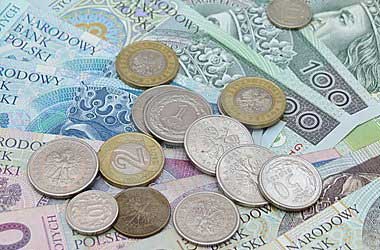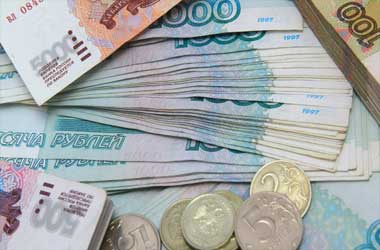 The EUR/USD pair turned volatile after the release of mixed economic data from the Europe. Following the release of weak Spanish manufacturing PMI (purchasing managers index) data that indicated contraction of the manufacturing sector, the euro dollar declined to 1.1920 against the greenback at the start of the European session.
The EUR/USD pair turned volatile after the release of mixed economic data from the Europe. Following the release of weak Spanish manufacturing PMI (purchasing managers index) data that indicated contraction of the manufacturing sector, the euro dollar declined to 1.1920 against the greenback at the start of the European session.
However, the sharp decline in the unemployment numbers in Germany enabled the euro dollar to regain the lost ground to trade at 1.1980.
According to IHS Markit, Spanish manufacturing PMI declined to 49.80 in November, from 52.50 in October and slightly lower than the reading of 50.80 anticipated by economists. A reading below 50 indicates contraction and vice-versa.
The country’s manufacturing sector fell into contraction in November as a decline in market demand severely affected on the sector. Production declined in a mild manner, while the dearth of fresh work led to a drop in staffing levels.
Nevertheless, going forward, firms were optimistic that output will rebound in the year ahead, reflecting the highest level of bullishness for more than a year-and-a-half.
Data published by IHS Markit indicated that Italian manufacturing PMI declined to 51.50 in November, from 53.80 in the earlier month and slightly lower than the reading of 52 anticipated by economists.
However, the results indicated fifth consecutive monthly improvement in the manufacturing sector, albeit at a slower pace. The drop in momentum was due to a decline in order book volumes, associated to stringent Covid-19 related initiatives.
In a separate news release, IHS Markit stated that French final manufacturing PMI declined to 49.60 in November, from 51.30 in October. The reported reading was slightly better than flash estimates of 49.10.
Economists had anticipated no change in the flash estimates. The reported figure reflected the first decline in business environment across the manufacturing industry for three months.
Lockdown prohibitions enforced at the end of October resulted in a sharp decline in fresh order in the recent survey period. In the meantime, input price inflation sped to the fastest level in 18 months.
According to Germany’s Federal Employment Agency the number of unemployed individuals decreased by 39,000 in November, following a decline of 38,000 in the earlier month. Economists had anticipated an increase in unemployed individuals by 9,000. Unemployment declined in spite of a partial lockdown to restrict the second wave of Covid-19 infections in Europe’s economic powerhouse.
Overall, on seasonally adjusted terms, the number of unemployed people stood at 2.817 million. Correspondingly, the unemployment rate inched downwards to 6.1% in November, from 6.2% in the prior month, reflecting the lowest reading since April.
According to the Eurostat, consumer price index declined 0.3% y-o-y in November, following a decline of 0.3% in the earlier month. Economists had anticipated a slight improvement in the consumer price index to negative 0.2%. Food, alcohol & tobacco recorded a 1.9% y-o-y increase in November, compared with 2% in October.
Likewise, services grew 0.6% in November, following an increase of 0.4% in the earlier month. Non-energy industrial goods fell 0.3% in November, compared with a drop of 0.1% in October. Energy has decreased 8.4% in November, following a drop of 8.2% in the prior month.
The mixed economic data is expected to keep the EUR/USD pair volatile in the days ahead.




